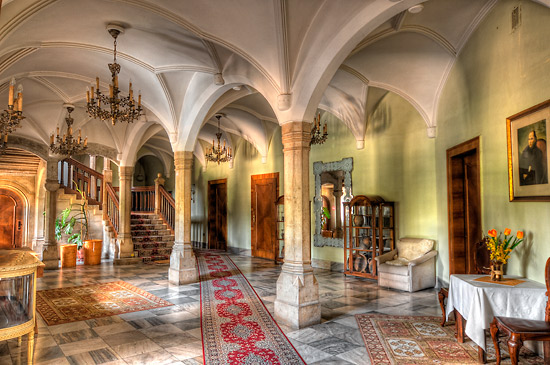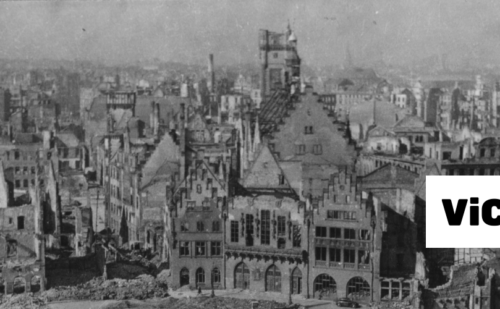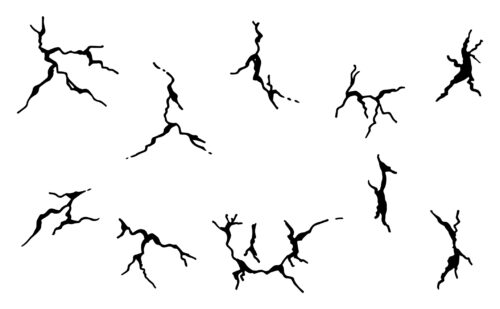
Early Career Researchers Event at Smolenice Castle, Slovakia, 23-26 September 2018
Posted: 25 January, 2019
Between the 23 and the 26 September 2018, HERA organized its first event exclusively for Early Career Researchers (ECRs). Over 50 doctoral students and post-doctoral researchers were hosted by the Slovak Academy of Sciences in the Smolenice Castle in Slovakia. Many of the HERA-funded Uses of the Past projects were represented during the event as well as selected early career researchers from a range of European countries. The event was designed to support interdisciplinary scholarship, career development and transnational networking for ECRs.
During the event, ECRs attended several workshops concerning a broad spectrum of topics. From digital humanities (Prof. Scott Rettberg, University of Bergen), to open access publishing (Dr. Demmy Verbeke, KU Leuven); from collaboration with partners from outside academia (Prof. Alison Fell, University of Leeds) to evaluation of career development (Prof. Jolanta Sinkuniene, University of Vilnius), ECRs were given the possibility to explore the changing landscape of research in the humanities and to learn how to deal with the related challenges and benefits. ECRs also developed their critical thinking (Prof. Paweł Bukowiec, Jagielonian University) and discussed the importance of research ethics and integrity (Dr. Laura Bandura Morgan, NCN Poland).
ECRs were also able to book 1:1 slots with the workshops leaders, as well as with the present HERA members and the Knowledge Exchange and Impact Fellows. In these individual meetings, ECRs could further discuss the workshops’ topics and they were encouraged to discuss career development, current challenges and future opportunities.
The Smolenice event aimed at facilitating interdisciplinary conversations around Uses of the Past and at providing opportunities to further stimulate research. To this end, a poster session was organized. Each of the ECRs prepared a poster in which their individual research was presented and which included key implications for Uses of the Past. Manon Louviot from the HERA-funded SoundMe project (http://www.soundme.eu/) won the prize for best poster. The poster prepared by Benny Nemerofsky Ramsay from the HERA-funded Cruising the Seventies project (https://www.crusev.ed.ac.uk/) was awarded an additional prize.
Following the poster sessions, all of the participants discussed how the Uses of the Past theme has been approached by HERA projects and chose emerging research themes. The selected topics were subsequently discussed in smaller groups and transformed into short statements. The statements reflect a number of reoccurring topics: identity, memory and belonging, resistance and power, mapping networks and boundaries.
In addition to workshops and group discussions, the ECRs had also time for informal networking and exchanging experiences. They learned about the history of the castle during a guided tour, took part in a formal Slovakian dinner with music and dancing, and enjoyed a wine tasting. The event provided the ECRs with a valuable possibility to discuss research challenges and opportunities with peers from different countries and disciplines.
Given her involvement in the event, Grażyna Baranowska from the HERA-funded MELA project (http://melaproject.org/) was invited to present the outcomes of the event to the HERA Board. Together with Manon Louviot who won the price for the best poster, they gave a presentation on the Smolenice event and HERA ECRs during the HERA board meeting in Bled, Slovenia, on the 27 November 2018.
Grażyna Baranowska and Manon Louviot
-
-
-

16 November, 2022
Project of the Month: ViCTOR-E

